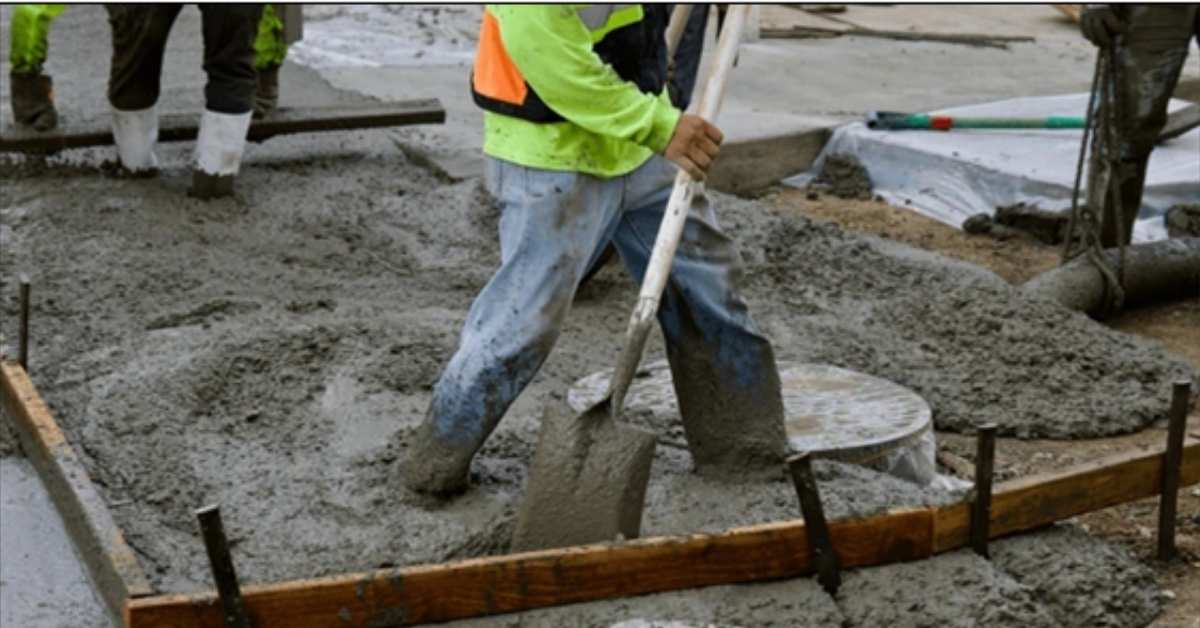Planning a concrete driveway? One of the most important things to get right is the thickness. It affects how much weight your driveway can hold, how long it will last, and how much upkeep it might need down the line. If you’re upgrading an old one or starting fresh, understanding driveway thickness is a key part of getting it done right.
Why Thickness Matters
Think of concrete like the foundation of your outdoor space—it takes a beating from cars, weather, and time. A slab that’s too thin will crack, sink, or wear out too quickly. A properly sized one? It’ll stay strong for years.
Here’s why it counts:
- Stronger Structure – Thicker concrete driveways handle more weight, which is great if you’re parking trucks, RVs, or trailers.
- Less Wear and Tear – A solid slab means fewer cracks and repairs over time.
- Better Value – Quality concrete work adds lasting value to your property.
What’s the Standard Thickness?
For most homes in Brisbane, concreters recommend:
- 100mm thick for standard cars and light vehicles.
- 125mm to 150mm for heavier vehicles or frequent use.
Of course, every property is different, so it’s smart to get advice based on your soil, slope, and use case.
What Affects concrete Driveway Thickness?
Several factors play into how thick your driveway should be. Trusted concrete contractors in Brisbane Southside look at:
Soil Quality
Soft or loose soil underneath can shift and sink. If your ground isn’t firm, it may need a thicker slab or extra reinforcement.
Vehicle Weight
A driveway used only for small cars doesn’t need the same slab strength as one used for large trucks or regular deliveries.
Weather Conditions
Brisbane’s weather, especially heavy rains and hot days, can expand, contract, and wear concrete. Slightly thicker slabs help reduce cracking and water damage.
Reinforcements
Steel mesh or rebar can give your driveway more strength without always needing extra thickness. This also matters when planning nearby retaining walls.
Maintenance and Longevity
Going a bit thicker can reduce long-term costs. Fewer cracks mean fewer repairs, so the upfront investment pays off over time.
Best Practices for Installation
Getting the right thickness is just one part of the job. Quality concreters in Brisbane focus on:
- A well-prepared base – Compacting the ground properly keeps the slab stable.
- The right concrete mix – It should suit the thickness and local weather.
- Proper finishing – Professional curing and finishing help protect against water, heat, and wear.
What About Retaining Walls?
If your driveway is on a slope or close to landscaping features, retaining walls might be part of the design. These need to be factored into the concrete planning to prevent water run-off and shifting soil.
Final Thoughts
Getting the concrete thickness right makes all the difference, especially here in Brisbane. It means your driveway won’t just look good on day one, but stay solid for years. Whether you’re building new or repairing old, it pays to work with experienced concreters who understand the local ground, climate, and construction standards.
Looking for expert concrete contractors in Brisbane Southside? Whether it’s driveways or retaining walls, Scavate delivers long-lasting, locally trusted results. Reach out today to get started.

